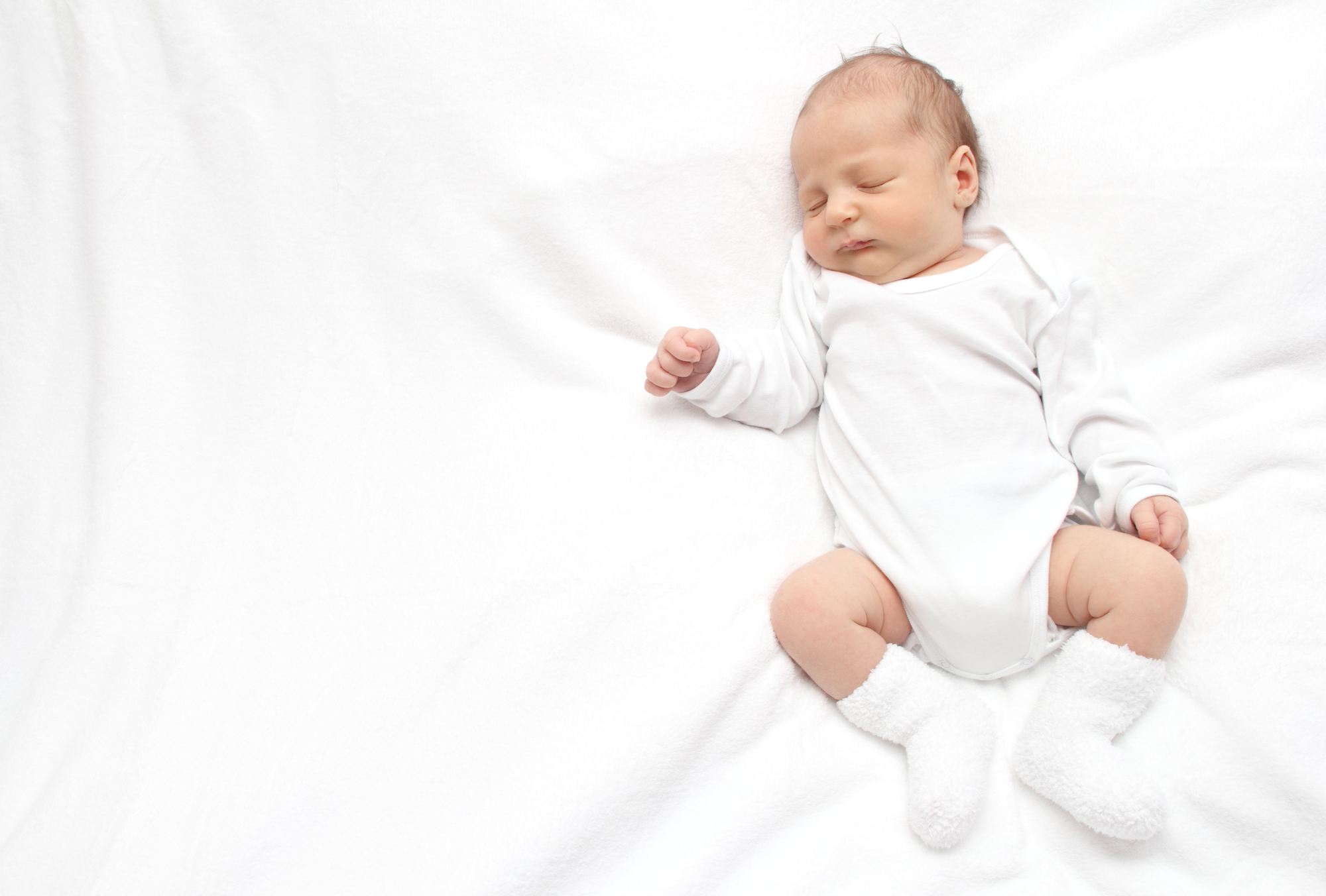Another return to lockdown is crushing our mental health and children are also feeling it too. The effects of restrictions that changed our normal daily activities and routine from that of purpose to go about the day without the need to be woken early, commute, and attend extra activities during the week and weekends have meant kids’ sleep has benefitted.
Less activity means more energy
What we presumed during lockdown was that kids were not going to feel as tired when less social group play and less physical stimulation and activity would mean a boundless supply of energy and less desire to sleep at the usual time.
Some households have felt that less pressure to follow a schedule has meant the usual routine of getting breakfast and being dressed to leave the house on time for the daily commute has allowed for an easier transition in starting the day. This casual approach has even seen a rise in more PJ days and sleep-ins.
Throw out routine and there goes sleep
We know young children a very susceptible to change which can directly alter their sleep patterns.
‘I remember a couple attending a wedding and looking forward to some free kid time. What they didn’t ever imagine was that that special weekend was all it took to change the way their toddler slept’.
According to some countries that have assessed the impact of lockdown on young kids many parents have reported their child’s sleep has worsened. In the early lockdown phase in Italy, parents blamed Covid on their pre-schooler’s poor quality sleep. Other reports from other countries found young children (1-5 yrs) were finding it harder to fall asleep, waking frequently and parasomnias such as nightmares and night terrors were more frequent.
In 2021 a new study by Kahn and Gradisar has revealed some data derived from video polysomnography ie sleep science data rather than that derived from anecdotal parental reports.
The findings have compared 2019 pre-Covid with early lockdown in five US states with sleep data collected from infants aged 6-18 months old.
The results, taken from over 600 infants and toddlers showed that lockdown had a positive impact on sleep with earlier sleep onset ie, falling asleep faster, and, waking less. Infants were also waking later which on average correlated to almost 10 minutes extra sleep time.
Although this doesn’t sound like much, added together over the week, meaning 1.25 hours of additional sleep, and, every bit of extra sleep counts because we know sleep is needed for physical growth, brain performance, and emotional stability.
Adults aren’t doing so well
If the kids are sleeping a little bit better then their parents should be too…right?
Data has reported that adults are experiencing more insomnia and worsened sleep hygiene, affecting sleep quality.
If that is you, you might find that additional worry and stress are impacting your ability to fall asleep.
If that is you nighnigh.com has a range of easy therapies that can get you or your kids, falling asleep faster and improve your sleep performance.
You might like to start with easing off on the alcohol because that affects your sleep cycles and will cause more waking after the initial deep sleep or almost comatose effect of too much alcohol.
You might also like to pay more attention to your tired cues, as you would do for the kids.
Remember sleep is your best friend and your sleep practitioner is there to help!







